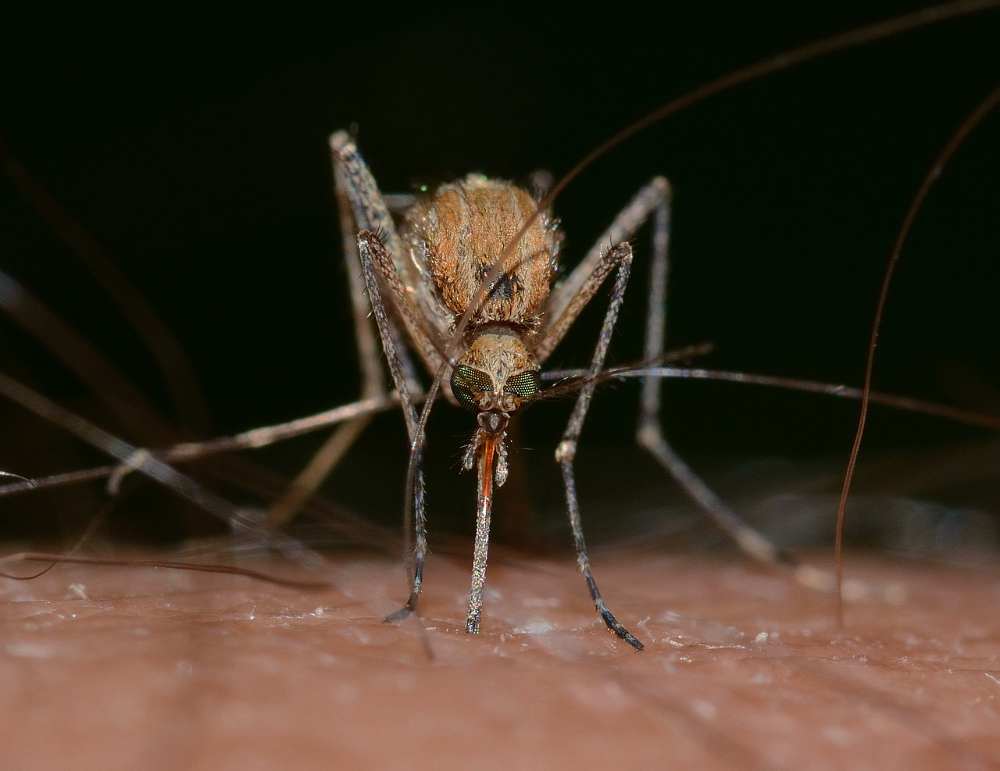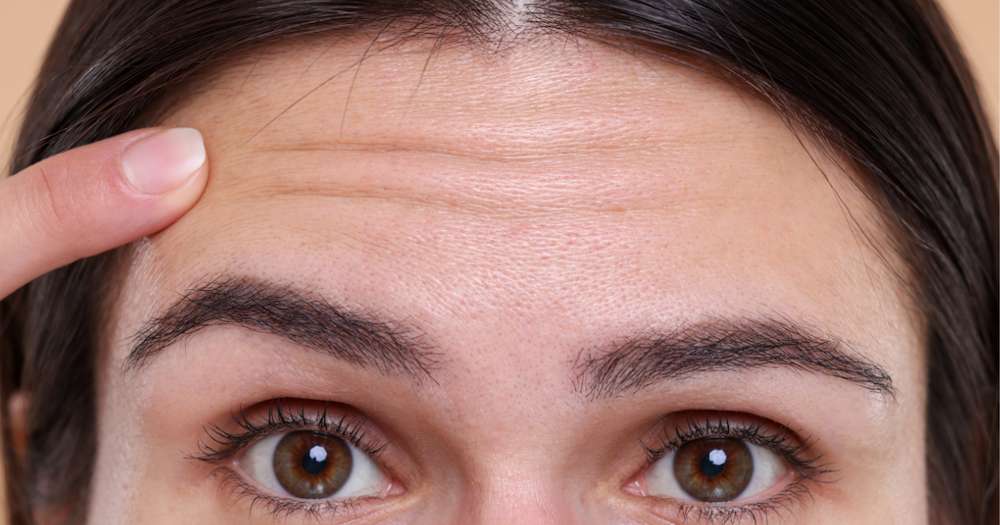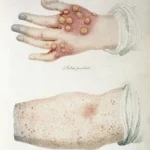Michigan health officials have confirmed the first human case of West Nile virus for 2025 in a Livingston County resident. The Michigan Department of Health and Human Services (MDHHS) announced the case on Friday but did not release details about the patient’s identity or condition.
The detection comes as Michigan enters peak mosquito season, with health experts warning that the risk of mosquito-borne illnesses typically rises during August and September.
“It only takes one bite from an infected mosquito to cause a severe illness,” said Dr. Natasha Bagdasarian, Michigan’s chief medical executive. She urges residents to take precautions, especially “during peak mosquito-biting hours, which are from dusk to dawn.”
This case follows a concerning trend in Michigan. The state reported 31 human cases of West Nile virus in 2024, up from 23 cases in 2023.
West Nile virus spreads primarily through the bite of infected Culex pipiens mosquitoes, commonly known as house mosquitoes. These insects become carriers after feeding on infected birds, which serve as the virus’s natural reservoir.
The virus has already been detected in mosquito populations across multiple Michigan counties this year, including Bay, Kalamazoo, Kent, Macomb, Midland, Saginaw, Tuscola, and Wayne. Additionally, health officials have found Jamestown Canyon virus in mosquitoes collected from Bay, Kalamazoo, Macomb, Ottawa, Saginaw, and Washtenaw counties.
Similar Posts
Most people infected with West Nile virus (about 80%) won’t develop any symptoms. However, roughly 20% may experience fever, headache, body aches, joint pain, vomiting, diarrhea, or rash. In rare cases—less than 1% of infections—the virus can cause severe neurological illness such as meningitis or encephalitis, which may lead to high fever, neck stiffness, disorientation, paralysis, or even death.
People over 60 and those with certain medical conditions face higher risks for severe disease. There is no specific treatment or vaccine for West Nile virus—care focuses on managing symptoms.
Health officials recommend several prevention strategies:
- Use EPA-registered insect repellents containing active ingredients like DEET, picaridin, IR3535, or oil of lemon eucalyptus
- Wear light-colored, long-sleeved shirts and pants when outdoors, especially from dusk to dawn
- Ensure windows and doors have tight-fitting screens
- Eliminate standing water around homes where mosquitoes breed, including bird baths, old tires, clogged gutters, and wading pools
Nationwide, the CDC has reported 140 human cases of West Nile virus across 26 states as of August 5, 2025. Michigan’s ongoing surveillance remains crucial as the state continues monitoring both West Nile and other mosquito-borne illnesses through the remainder of summer and early fall.


















